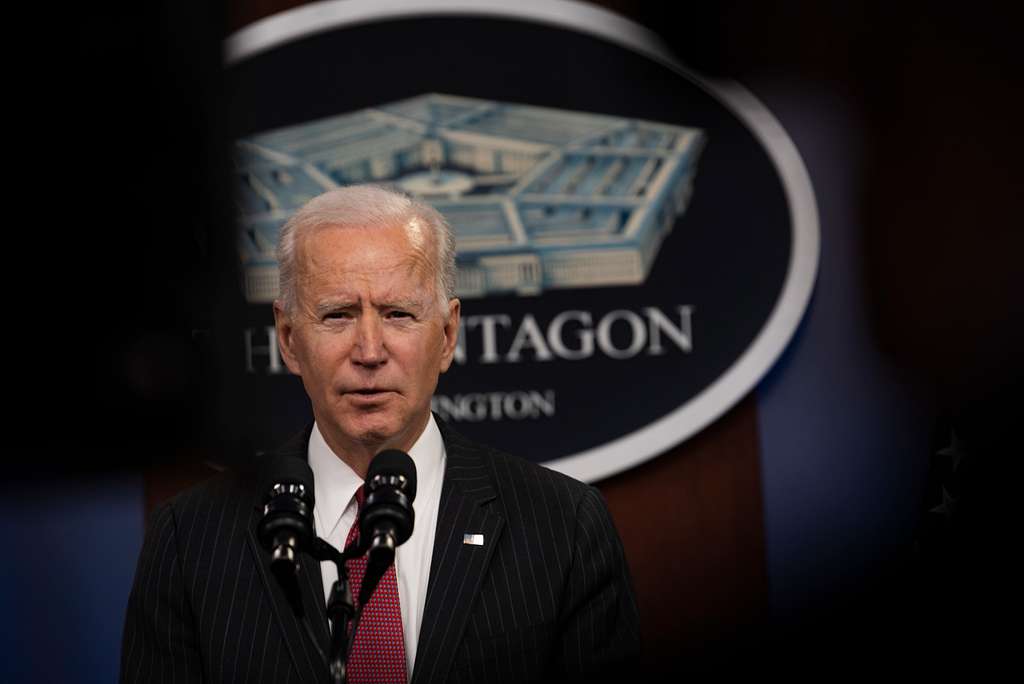Not just Gcap, because for the Pacific the USA is focusing on Italy (with the UK and Japan)

The Japan-UK-Italy triangle and the Gcap trilateral project. The analysis of Francesco Galietti, expert in strategic scenarios, founder of Policy Sonar
Entering 2024, Giorgia Meloni takes up the baton of the G7 presidency from Japan according to the custom of this exclusive club of the Earth's powerful. Relations with Tokyo, on the other hand, do not appear destined to weaken but rather to become closer. It is the impersonal laws of geopolitics that postulate it, and an America that increasingly relies on the Japan-Italy-United Kingdom triangle to control 'hot' scenarios.
For a few days in Tokyo, financial scandals have been taking place, affecting various factions of the LDP, the party that represents the majority of the Diet and the Government. The media coverage of the affair has created some embarrassment for Japanese Prime Minister Fumio Kishida himself, who does not want to destabilize the political framework and the delicate balance of government. A study recently commissioned by the Sankei Shimbun and Fuji TV credits the Kishida government with an approval rating of 22.5%, down five percentage points compared to just a month ago. For the opposition forces, obviously, the problems of the LDP and in particular of the faction attributable to former Prime Minister Abe Shinzo are a welcome assist. Not to mention the inevitable squabbles and internal score-settling within the LDP. At the moment, however, Prime Minister Kishida is showing considerable pragmatism. Despite the tribulations of the LDP, in fact, it can count on the structural weakness of the opposition. There are no alternatives out there, and so Kishida has an easy time ignoring requests for early elections.
Above all, the geopolitical framework intervenes to overwhelm the internal Japanese events, which sees the United States of America in growing difficulty in ensuring coverage of several hot scenarios. It is increasingly clear that Pax Americana has become more inclusive: the USA no longer claims 'exclusivity', not even in the Pacific and in sectors such as military technologies. On the other hand, Chinese assertiveness remains high, and the weakening of its economy could make Beijing more aggressive rather than leading it to more lenient advice. Especially since 2024 will be a year characterized by important elections, each of which is seen by Beijing as an opportunity to take advantage of the West's distractions.
In June, the European Parliament and Commission are renewed, while the American presidential elections are contested in the autumn. It is not excluded that the United Kingdom will also vote in 2024, before the natural expiry of the legislature. In reality the fibrillations will begin much earlier: on January 13th, i.e. in a few weeks, Taiwan votes. In Beijing they hope that the Kuomintang (KMT) will win, among whose ranks Xi has several friends, even if the hypothesis of an alliance between the KMT and another party, the Taiwan People's Party, has faded. Taiwan's elections will certainly be a crucial event, because on a geopolitical level the scenario of a Taiwan 'passed' by Beijing would be straight out of a horror film. Beijing, without firing a shot, would no longer see access to the Pacific Ocean blocked, which for now is hindered by a belt of anti-Chinese islands, including Taiwan.
The Japan-UK-Italy triangle fits into this geopolitical context and this moment of bated breath. The answer it offers so far takes the form of the trilateral Gcap project, i.e. a sixth generation aerial platform which involves a vast information system integrated with robotic weapons systems. These are superior technologies, and it is almost certain that they have had strong endorsement from the Pentagon. Evidently the US has more interest in strengthening the military capacity of its allies, particularly in the Pacific, than in defending the monopoly of the US military industry.
Indirect confirmations also come to us from a very informed article by Peggy Hollinger in the Financial Times of December 7th. Analyzing the recent veto by the Italian government on the sale of the Italian Microtecnica to the French Safran , Hollinger suggests that the defense of the Gcap led to the stop. It follows that the France-Germany axis could pay a heavy price, with Berlin increasingly tempted by a convergence with the United Kingdom, Japan and Italy triangle.
This is a machine translation from Italian language of a post published on Start Magazine at the URL https://www.startmag.it/mondo/per-il-pacifico-gli-usa-puntano-sullitalia-con-uk-e-giappone/ on Tue, 26 Dec 2023 06:47:14 +0000.
